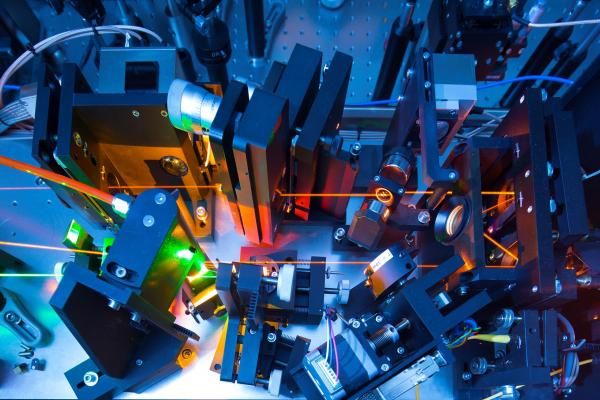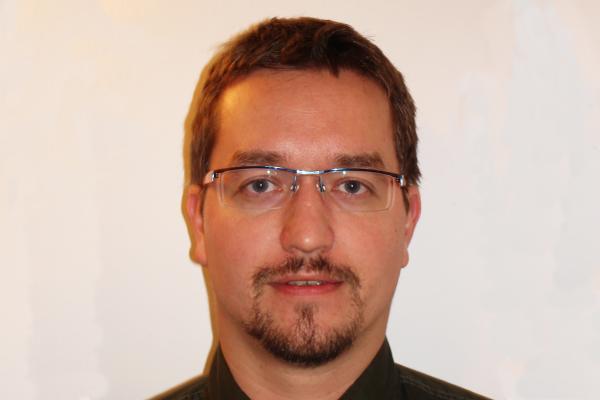Quantum technologies
The so-called second quantum revolution is in full swing, with scientists not only able to understand what happens at a sub-atomic level but also control this quantum behaviour enough to develop new technologies. Six months after the launch of the EU’s €1 billion quantum flagship initiative to kickstart a European quantum technologies industry, we take a look at the potential of quantum to revolutionise our future. We speak to one researcher who is helping to build a quantum computer about the global race to do this and how Europe is faring. We take a look at the threat and promise of quantum technologies in the field of cryptography and find out how quantum simulators can be used to solve non-quantum problems. And finally, we speak to the scientists who are using quantum mechanics to improve the performance of brain scanners and better diagnose medical conditions.
A powerful new form of computing could help scientists design new types of materials for nanoelectronics, allow airlines to solve complex logistical problems to ensure flights run on time, and tackle traffic jams to keep cars flowing more freely on busy roads.
Quantum computers pose a big threat to the security of modern communications, deciphering cryptographic codes that would take regular computers forever to crack. But drawing on the properties of quantum behaviour could also provide a route to truly secure cryptography.
When you hear the word ‘quantum’, you may imagine physicists working on a new ground breaking theory. Or perhaps you’ve read about quantum computers and how they might change the world. But one lesser-known field is also starting to reap the benefits of the quantum realm – medicine.
European scientists have spent 100 years developing the field of quantum mechanics – a branch of physics dealing with the atomic and subatomic scale – and we need to reap the profits now that quantum computers and other technologies are becoming a reality, according to Dr Thomas Monz from the University of Innsbruck, Austria.
Weekly news alert
The best Horizon stories, delivered to your inbox
Subscribe now





